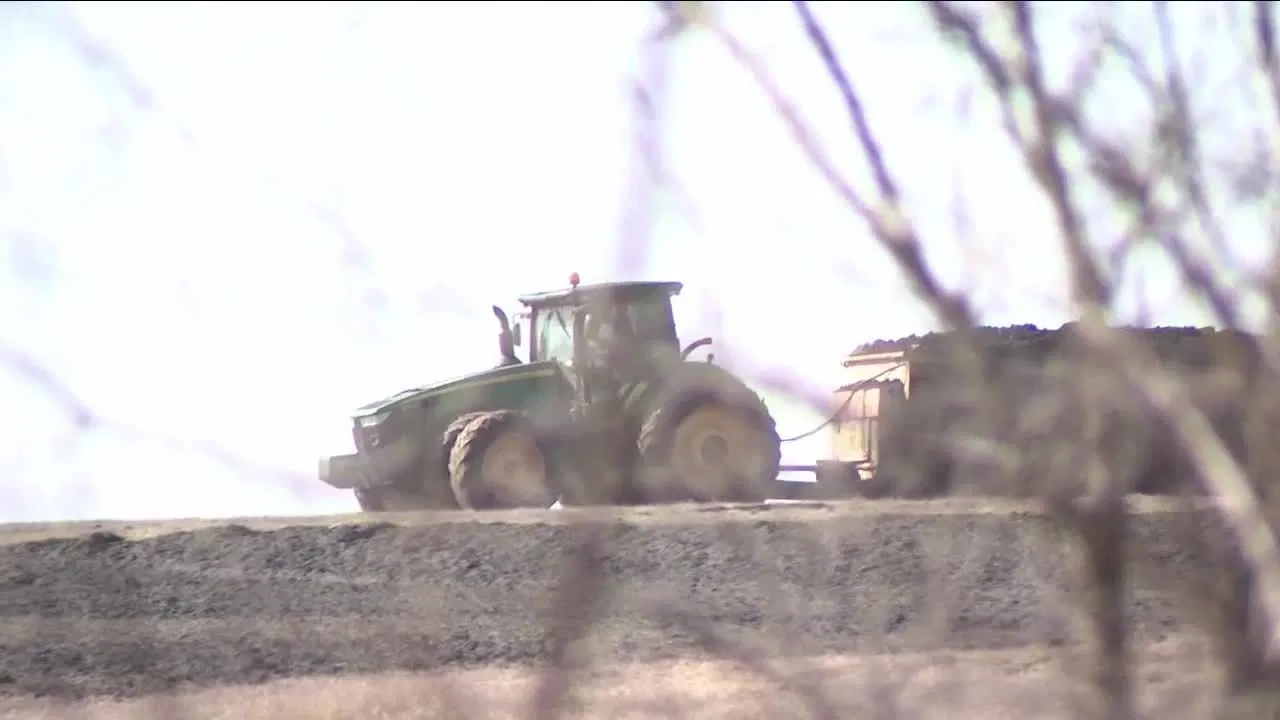Oklahoma City, Okla. — An Oklahoma lawmaker is intensifying efforts to halt the use of biosolids, also known as humanure, as fertilizer on farmland due to health concerns linked to “forever chemicals.”
Representative Jim Shaw has been vocal about the potential risks, stating, “We here in Oklahoma as a legislative body haven’t somehow figured out that this is a legitimate risk to food production, to clean water, and to the benefit of the overall health of the state of Oklahoma.”
Shaw has expressed his concerns on social media, warning that Synagro, a company involved in biosolid recycling, plans to focus on Logan and Canadian counties.
He emphasized the health risks associated with contaminants in biosolids, saying, “Whatever treatment they apply to that does not get rid of all those contaminants, and it’s absolutely contaminating farmland, and water supplies, and it’s gotta stop.”
The Environmental Protection Agency released a draft risk assessment in January, highlighting potential exposure to chemicals through various sewage sludge disposal methods, including land application of biosolids.
State Senator Randy Grellner, a family physician for 25 years, echoed Shaw’s concerns. “We have to stop them. I don’t think there’s any question we have to stop them, but the question is, how do you get the forever chemicals out of the sewage?” Grellner said.
He also raised concerns about PFAS from human and industrial waste, including prescription drugs, contaminating the water supply. “That’s one of the biggest natural resources we have as Oklahomans is water, and to potentially lose our water supply so a few people can benefit, I think, is shameful,” he said.
Synagro’s website claims the company has been recycling biosolids for over three decades, managing 16 million tons of biosolids last year, which they say saves farmers money with an environmentally beneficial fertilizer.
Concerned farmer Saundra Traywick warned about the risks to farmland, water, and food supply. “What is at risk is our farmland, our water supply, and our food supply. So, we’re going to continue to fight, and continue to advocate for farmers to know the truth about what they’re promoting as a safe fertilizer that clearly is not,” Traywick said.
Representative Shaw is participating in a study in October to explore the risks of using biosolids and potential solutions, including using them for energy in biodiesels instead of food production.




















